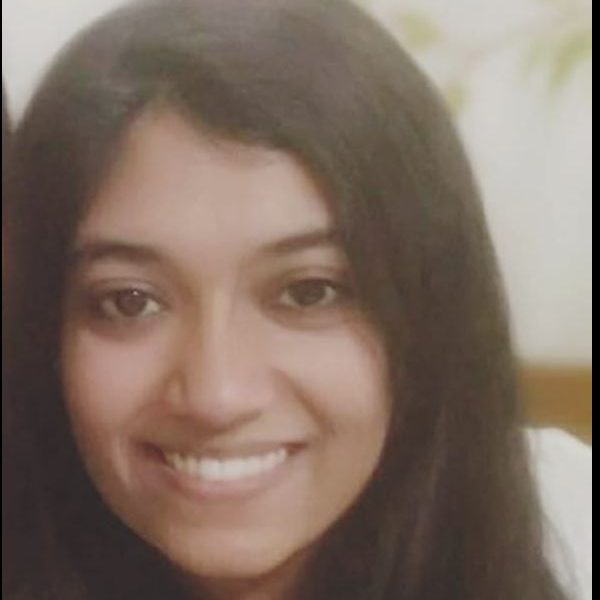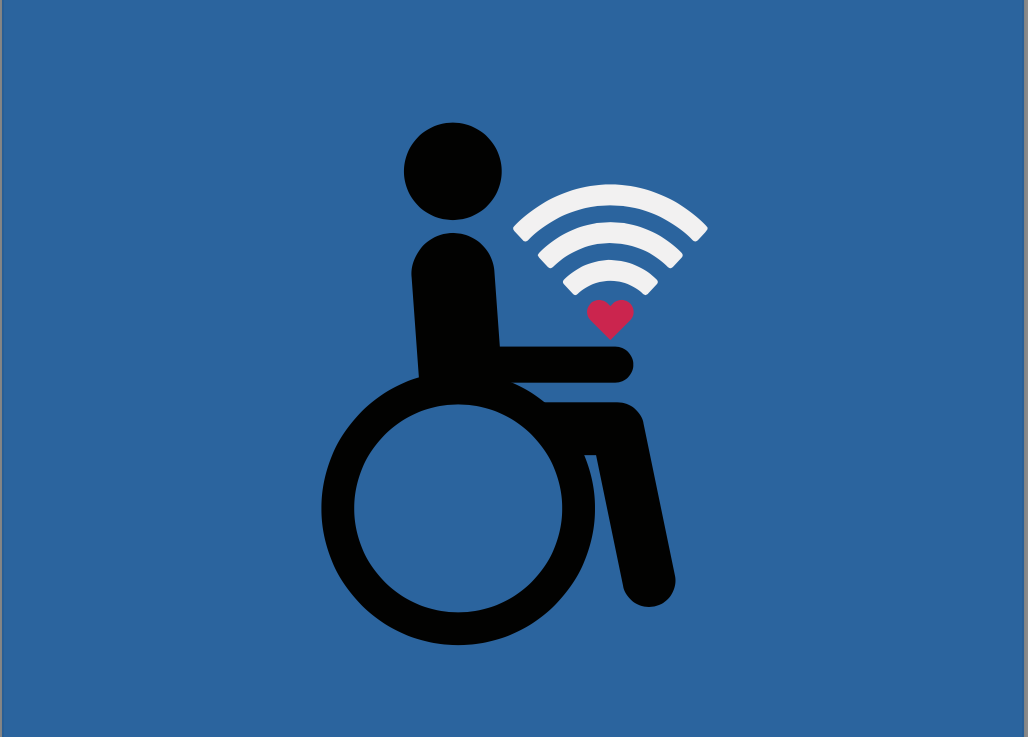Summary
The Digital Personal Data Protection Bill, 2022 (DPDP Bill), was published by the Ministry of Electronics and IT (MeitY) in November 2022. The DPDP Bill is the latest iteration of India’s data protection legislation after the the Personal Data Protection Bill, 2019 was withdrawn. The Vidhi Centre for Legal Policy has prepared detailed comments in response to multiple issues arising under the DPDP Bill, specifically in relation to:
a. limitations in the definitions;
b. general principles of data protection and grounds of data processing;
c. concepts of notice and consent, and the introduction of a newly created concept of deemed consent;
d. rights of data principals, and the duties of data fiduciaries;
e. enforcement framework, and the contours of the structure and functions of the proposed Data Protection Board of India; and
f. exemptions provided under the DPDP Bill.Vidhi has been at the forefront of initiatives to frame a data protection law in India over the past 5 years.
Vidhi assisted the Srikrishna Committee (with our Research Director, Dr. Arghya Sengupta, being a member of the same) in coming up with the Personal Data Protection Bill, 2018. Since then, Vidhi has continued to work on the issue, publishing a referencer on the Joint Parliamentary Committee’s report of 2021, and also a series of working papers on different issues under the legislative proposals.
Vidhi’s submissions to MeitY continue to build on its existing work in this space. It is hoped that these comments will be helpful in continuing the discussion on the importance of creating a balanced, robust and holistic data protection regime for India.
About the Authors

Sunetra Ravindran
Sunetra is a Senior Resident Fellow and leads Vidhi's work on Legal Design and Regulation. She primarily handles engaged and commissioned projects from various ministries, statutory authorities and regulators, where she provides legal research and drafting support at various stages of law-making. At Vidhi, she has worked with ministries such as the Ministry of Electronics and Information Technology and the Department of Consumer Affairs. Her current projects at Vidhi include reforms in the area of digital economy, privacy law, data protection as well as healthcare systems and consumer protection. She has also written for The Indian Express and Firstpost.
Sunetra graduated with B.A, LL. B (Hons) from NALSAR University of Law, Hyderabad in 2012. Subsequently, she worked at AZB& Partners, Bangalore for two years, where her work primarily involved general corporate matters, employment law and litigation. Thereafter, she obtained her LL.M in Intellectual Property Law from George Washington University, Washington D.C. in 2015.

Lalit Panda
Lalit is a graduate of the Gujarat National Law University and has been working at the Vidhi Centre for Legal Policy since 2017. Prior to joining Vidhi, he worked briefly as a Consultant with the 21st Law Commission of India. At Vidhi, he has worked in the broad areas of law and technology, regulation and constitutional law, covering subjects such as data protection, higher education, election law, fiscal federalism, and state governors. As a 2020 Samvidhaan Fellow, he conducted interdisciplinary research into the right to equality, including from the perspective of law & economics. He worked in Vidhi's constitutional law team, Charkha, engaging with contemporary issues such as the right against discrimination and secularism. He writes regularly for news outlets such as The Times of India, Economic Times and The Telegraph, and has published research in the Indian Journal of Constitutional Law, Indian Journal of Law & Technology, and Journal of Intellectual Property Studies

Dhruv Somayajula
Dhruv was a Research Fellow with the Centre for Applied Law and Technology Research at Vidhi. He is interested in the interplay between law, technology and civil liberties. He graduated from the NALSAR University of Law, Hyderabad in 2019. Prior to joining Vidhi, he worked with Majmudar & Partners, Mumbai and has interned with the Centre for Communication Governance, NLU-Delhi, and the Centre for Internet and Society. He enjoys writing poetry, playing chess, and reading on Indian and world history in his spare time.

Trishee Goyal
Trishee Goyal is a Research Fellow with ALTR. She has previously worked with the Technology Policy team of the Macro Finance Group at National Institute of Public Finance and Policy, New Delhi for a period of three years. Trishee graduated from National Law School of India University, in 2014, with a B.A. LLB (Hons.). Her research interests are technology policy and regulatory governance.

Ameen Jauhar
Ameen was a Senior Resident Fellow at Vidhi, and led the Centre for Applied Law and Technology Research (ALTR). His interest and research focus lies in AI ethics, and the governance of AI. Within ALTR, he has been leading the team's collaborative research on data trusts, and artificial intelligence. Ameen has also worked on the intersection of technology and the justice system, as a senior fellow working on the JALDI mission's engagement with the Supreme Court of India's AI and E-Courts' committees.
Ameen has a formal educational background in social research methods and evidence-based policy. He completed his master’s programme from the Institute of Education (University College London), focusing on the use of research evidence in policy processes, and was awarded an MSc. with an overall distinction. Before this, he completed his undergraduate legal studies from the W.B. National University of Juridical Sciences [B.A. LL.B. (Hons.)] in 2012. Prior to Vidhi, Ameen worked at J. Sagar Associates, in the firm’s regulatory and policy team. He has practised in the Supreme Court of India, the Delhi High Court, and numerous tribunals.








